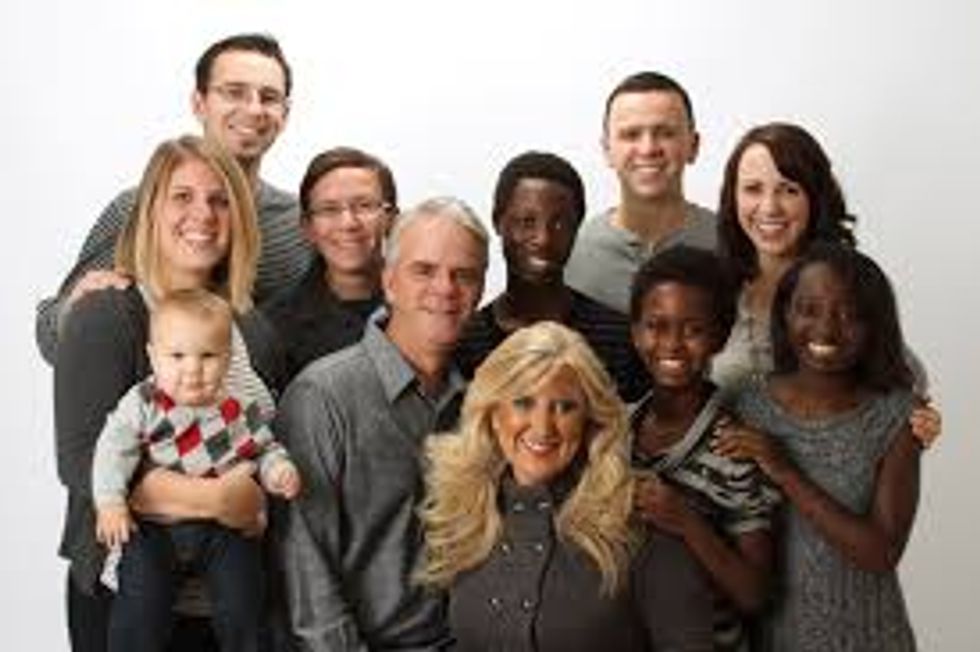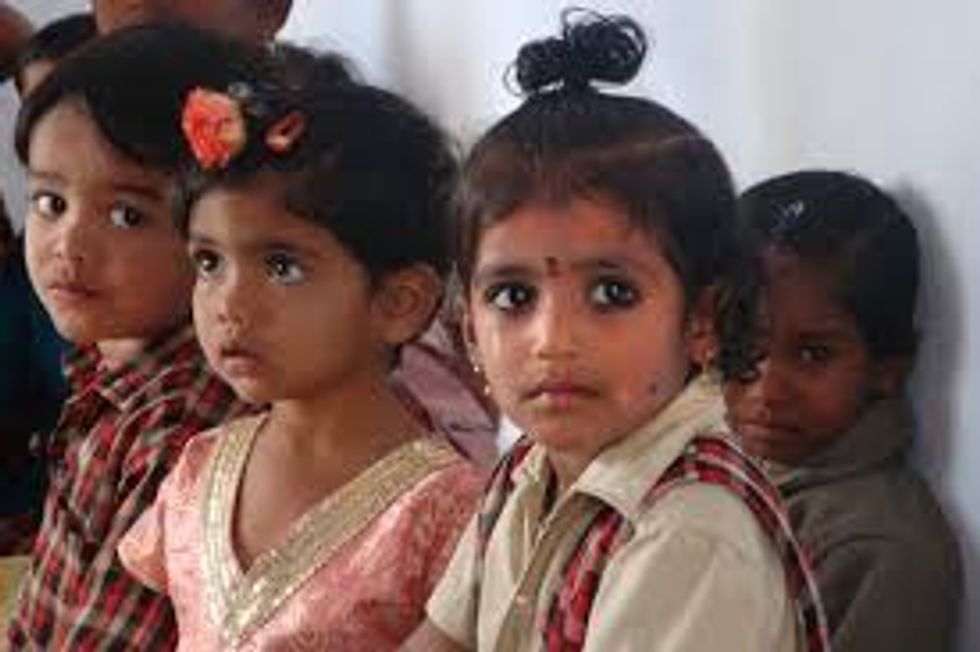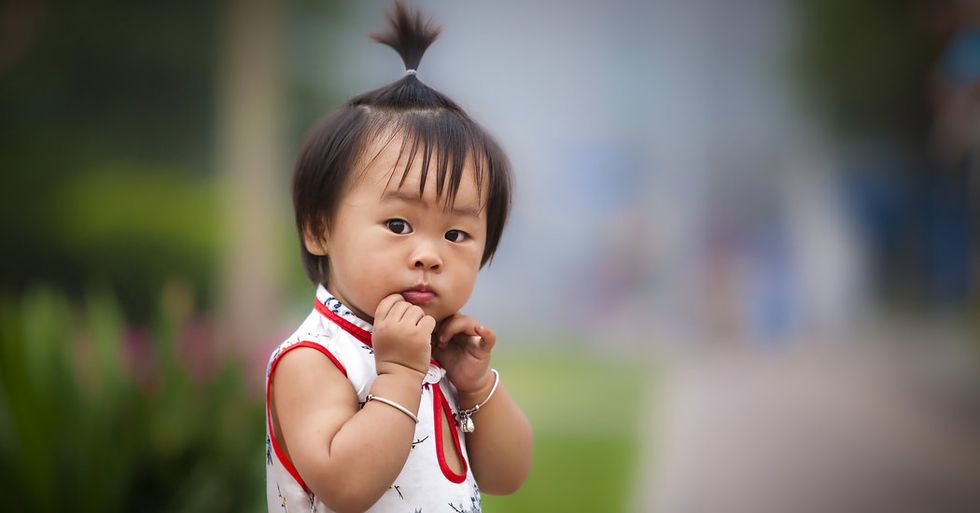Hopefully, many have seen the powerful movie Lion featuring among others Dev Patel and Nicole Kidman. It is the true story of an adopted little Indian boy inspired by the book A Long Way Home written by Saroo Brierley.
In 1986, Saroo, a five-year-old boy lives with his elder brother Guddu, his mother and his younger sister in Khandwa, India. One day, following his brother to his night work, he falls asleep on a train. Awaking in the morning he discovers with stupor that he is locked inside the wagon and remains in the train for days. Arriving in Calcutta, he ends up in an Orphanage where no one is able to find his parents. A few month later he is adopted by a family in New-Zealand. The movie traces his experience as a grown up facing blurry memories and unanswered questions. Obsessed by the need to find his family he starts an incredible search to find the place he was born.
The movie, on the one hand, shows the many struggles children have to face leaving on the streets of India and makes you want to adopt a few dozen of children at least. On the other hand, it makes a clear realistic point: adoption is neither easy nor perfect. When Saroo’s new parents decide to adopt a second Indian boy, the struggle becomes real.
The child shows clear signs of trauma and behavior disorder and the audience can easily trace back the cause to child abuse allusions early in the movie. It will be a lifelong struggle. The movie is beautiful and honest. The mother, who is apparently a Christian, explains at the end of the movie that she could have had children of her own. But because she saw in a dream two Indian boys when she was a teenager, she knew it was her calling to adopt and never change her mind.
Why do people adopt?
Adoption is definitely a calling or at least something you need to think about and decide over quite a period of time and research. Starting an adoption process can also be long, expensive, and ask for a lot of determination. However, adoption is obviously life changing for thousands of children every year around the world. No, not every single adoption is a success, but to give a child the opportunity of a healthy and happy childhood, the choice of a future and the ability to dream again is priceless.
Why should you adopt?
Yes, adoption is risky, because love is risky. Adopting a child means taking the risk of changing plans and inventing new ones every day around what you did not expect. You cannot predict what your child will be and become. You cannot plan on him or her having your musical, athletic, intellectual abilities. You cannot plan on him or her having the same passions as you do. And most of all, you cannot plan on the child mental health and psychological acceptance of adoption. The question is, can you plan on any of this even with your own biological children? Family is a permanent interaction of differences trying to create unity. Adopted children, like any children, have beautiful surprises and gifts to bring to their new family.
Who needs to be adopted?
About 135,000 children are adopted in the United States each year. Of non-stepparent adoptions, about 59 percent are from the child welfare (or foster) system, 26 percent are from other countries, and 15 percent are voluntarily relinquished, American babies. Of the 400,000 children in foster care, more than 100,000 of them are waiting to be adopted.
What people often do not realize is that there are a lot of children with disabilities, autism, or down syndrome, for example, waiting for adoption as well! If the idea sounds scary to many, these children too are ready to change your life in tremendous ways and are desperate for care.
Around the world, it is a complex issue.
Some countries and families would much rather benefit from financial and social help than systematic adoptions. Many parents would not abandon their children if they had the financial choice to keep them. It is especially true in Africa, on Haïti, Madagascar, and some of the Pacific Islands. It is important to contact NGO organisations to know the need of the people in a country before searching to adopt. Many Christian organisations such as Compassion International facilitates the sponsoring of children around the world which allow them to remain with their families.
It is estimated that 140 million children worldwide are orphans. India has the largest number of estimated orphans and vulnerable children in the world — 31 million, and only 0.3 percent of these orphans are children whose parents have actually died. Most of them are simply abandoned or sold into human trafficking. Adoption is definitely a crucial need in India.
In China and in India, the massive killing of baby girls encouraged by the one-child policy (China), or cultural traditions (India), has been perpetrated for decades. Families force woman to abort their baby girls or kill them at birth because having a girl is a financial burden to the family. A girl getting married in India is expected by the tradition to pay for all the wedding fees and provide financially for her husband and all his family for life.
A lot more needs to be done to stop this massive genocide of little girls. More adoptions of girls should be encouraged and facilitated and more international help and protection should be provided to women pregnant with little girls and girls themselves.
Adoption is and will be a complex issue, but if more and more couples from Western societies who have the financial option to adopt were willing to adopt one child, the world would be a better place for all the children living in orphanages and foster care. Adopting because of infertility is a great reason, but adopting even when able to have children or already having some is also a great decision.
Parents and children living adoption never stop learning about humanity and God’s design for family and relationship. Christianity plays a decisive role in adoption. The Bible tells us that we are the adopted sons and daughters of God, brothers and sisters of Christ through adoption. Christians should never take their own adoptions for granted and share this gift, when able, to children in need of a family.























